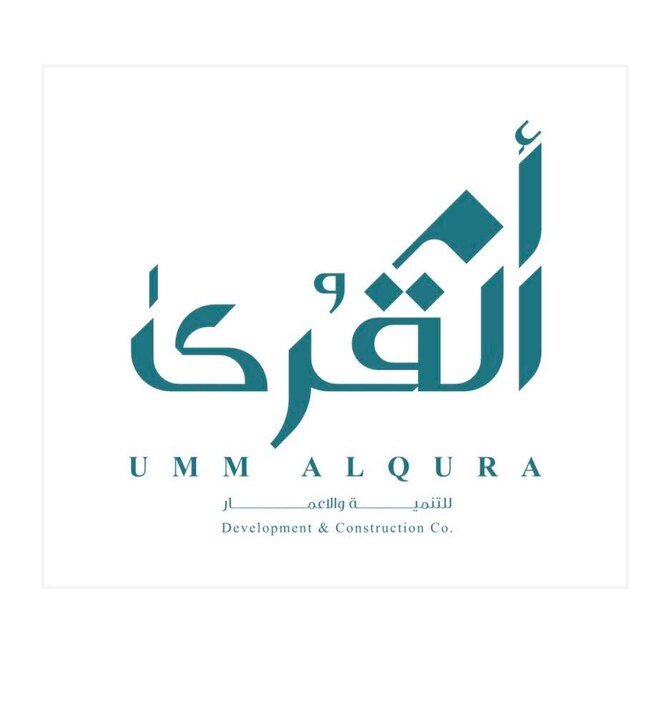Umm Al Qura for Development and Construction, the owner, developer and operator of MASAR Destination — one of the largest redevelopment projects in Makkah, recently announced the successful completion of the offering period for retail investors (Retail Subscription Period) for the company’s initial public offering.
The retail subscription process, comprising of a maximum of 13,078,614 shares, representing 10 percent of the total offer shares, commenced on March 5 and ended at 11:59 p.m. on March 9.
It saw participation from 1,048,530 subscribers, indicating a coverage of 20 times, with a total demand of SR3.93 billion ($1.05 billion). Individual subscribers will receive a minimum of 10 shares each, while the remaining shares will be allocated on a pro-rata basis for the remaining demand with an average allocation factor of 1.0316 percent.
The final offer price for the offering was set at SR15 per share, pricing at the top of the range, implying a market capitalization of approximately SR21.58 billion (approximately $5.75 billion) at listing.
For more information about the IPO and the Company’s prospectus, visit the IPO website: ipo.ummalqura.com.sa/en.
Highlights of the offering
- The CMA and Saudi Exchange approvals have been obtained for the offering and listing as outlined below.
- The company’s substantial shareholders and the shareholders acting in concert will be subject to a lock-up period of 6 months, which will begin from commencement of trading of the shares on the Saudi Exchange.
- The shares will be listed and traded on the main market of the Saudi Exchange following the completion of the IPO and listing formalities with the CMA and the Saudi Exchange.
- The offering shall be restricted to the two following groups of investors:
Tranche (A): Participating parties: This tranche comprises investors eligible to participate in the book-building process in accordance with the Instructions for Book-Building Process and Allocation Method in initial public offerings, as issued by the Capital Market Authority, including investment funds, companies. These parties include investment funds, qualified foreign companies and institutions, GCC corporate investors and other foreign investors under swap agreements (said investors shall be collectively referred to as the “Participating Parties” and each as a “Participating Party”). The number of offer shares to be provisionally allocated to the Participating Parties effectively participating in the book-building process is 130,786,142 Offer Shares, representing 100 percent of the offer shares. In the event there is sufficient demand by individual investors (as defined under Tranche (B) below), the lead manager, in coordination with the company, shall have the right to reduce the number of offer shares allocated to participating parties to a minimum of117,707,528 offer shares, representing 90 percent of the offer shares. Final allocation of the offer shares to the participating parties will be made through the joint financial advisers following subscription by individual investors, as the joint financial advisers deem appropriate in coordination with the issuer, using the discretionary share allocation mechanism.
Tranche (B): Individual investors: This tranche includes Saudi natural persons, including any Saudi female divorcee or widow with minor children from a marriage to a non-Saudi individual, who is entitled to subscribe for her own benefit in the names of her minor children, provided that she proves that she is a divorcee or widow and the mother of her minor children, any non-Saudi natural person who is resident in the Kingdom, or GCC nationals, in each case, who have an investment account and an active portfolio with one of the receiving agents and are entitled to open an investment account with a Capital Market Institution (collectively, the "Individual Investors", and each an "Individual Investor"). A maximum of 13,078,614 offer shares, representing 10 percent of the offer shares, shall be allocated to individual investors. In the event that the individual investors do not subscribe in full for the offer shares allocated to them, the joint financial advisers may reduce the number of offer shares allocated to individual investors in proportion to the number of offer shares subscribed for thereby.
The Law of Real Estate Ownership and Investment by Non-Saudis promulgated by Royal Decree No. M/15 dated 17/04/1421H (corresponding to 19/07/2000G) (hereinafter referred to as the “Law of Real Estate Ownership and Investment by Non-Saudis”) prohibits non-Saudi from acquiring ownership, easement or usufruct over real property located within the boundaries of the cities of Makkah and Madinah. This includes natural persons who are not nationals of Saudi Arabia, non-Saudi companies and Saudi companies that he establishes, participates in establishing, or owns shares in, any natural or legal person who does not hold Saudi nationality with some limited exceptions. However, under the special controls excluding the companies listed in the Saudi Stock Exchange, the phrase (non-Saudi) has the meaning as per the The Law of Real Estate Ownership and Investment by Non-Saudis issued by the Authority on 27/07/1446H (corresponding to 27/01/2025G). It allows foreigners to invest in Saudi companies listed in the Saudi Stock Exchange that own properties within the boundaries of the cities of Makkah and Madinah , provided that: (i) the foreign strategic investor does not own shares in the Listed Company and (ii) at all times does not exceed 49 percent of the shares of the listed company, which are not jointly owned by persons of natural and legal capacity. Accordingly, the foreign strategic investor is excluded from the investors targeted for the offering, and the ownership of natural and legal persons who do not collectively hold Saudi citizenship shall not exceed 49 percent of the company’s shares at all times.












